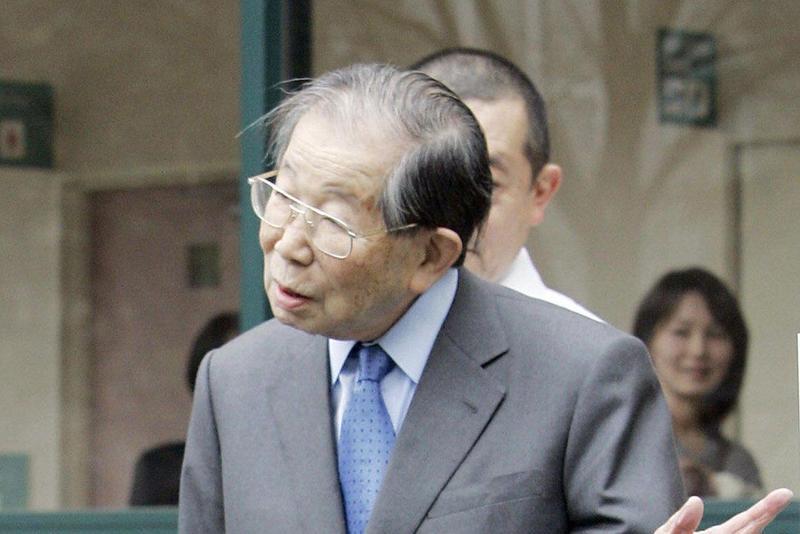The Key to Long Life Revealed by a Japanese doctor Who Lived to 105
The Key to Long Life Revealed by a Japanese doctor Who Lived to 105
On July 18, 2017 Japan lost a national treasure. He was the 105-year-old Dr. Shigeaki Hinohara.
Dr. Hinohara made a lion’s contribution to healthcare in Japan, both as a practicing medical doctor and as a physician. He headed five foundations in addition to being the president of St Luke’s International Hospital in Tokyo. He was responsible for introducing Japan’s system of comprehensive annual medical check-ups, which have been credited with greatly contributing to the country’s longevity, reports the BBC.
Those are laudable achievements, but it is his longevity and the fact that he saw patients until a few months before his death that defies everything we have come to expect of old age.
You may be wondering: how did he manage to live so long and live those years in a state of good health?
Did he follow a sensible diet? No.
Did he maintain a healthy work/life balance? No.
How about getting ample sleep? No.
Dr Hinohara, who worked 18 hours a day, 7 days a week, shared some of his thoughts with Judith Kawaguchi in the Japan Times.
Here are the key points:
Energy comes from feeling good, not from eating well or sleeping a lot.
It’s best not to tire the body with too many rules such as lunchtime and bedtime. We all remember how as children, when we were having fun, we often forgot to eat or sleep. Kawaguchi believes we can keep that attitude as adults, too.
If you want to live long, don’t be overweight. “For breakfast I drink coffee, a glass of milk and some orange juice with a tablespoon of olive oil in it. Lunch is milk and a few cookies, or nothing when I am too busy to eat. Dinner is veggies, a bit of fish and rice, and, twice a week, 100 grams of lean meat.”
There is no need to ever retire, but if one must, it should be a lot later than 65. He explained that the current retirement age was set at 65 half a century ago, when the average life-expectancy in Japan was 68 years. Today, people live longer, so they can work longer.
There is more, and it may surprise you as it did me. Kawaguchi recommends against taking a doctor’s advice at face value, animal therapies and the need for liberal and visual arts in healing.
“When a doctor recommends you take a test or have some surgery, ask whether the doctor would suggest that his or her spouse or children go through such a procedure. Contrary to popular belief, doctors can’t cure everyone. So why cause unnecessary pain with surgery?
“Music and animal therapy can help more than most doctors imagine.
“Pain is mysterious, and having fun is the best way to forget it. Hospitals must cater to the basic need of patients: We all want to have fun. At St. Luke’s we have music and animal therapies, and art classes.
“Science alone can’t cure or help people. Science lumps us all together, but illness is individual. Each person is unique, and diseases are connected to their hearts. To know the illness and help people, we need liberal and visual arts, not just medical ones.”
Now, there is a lot of food for thought.
Be the first to post a message!
